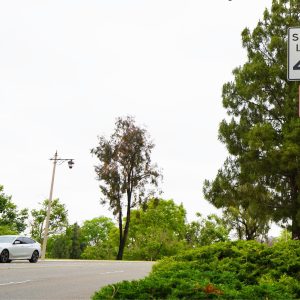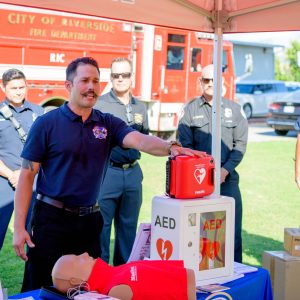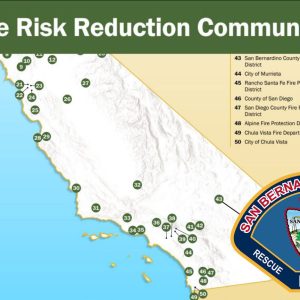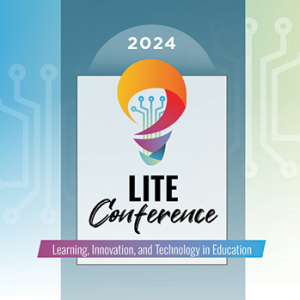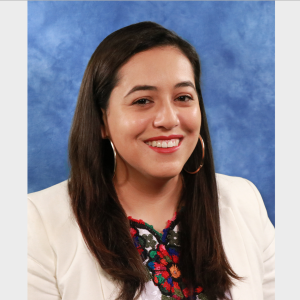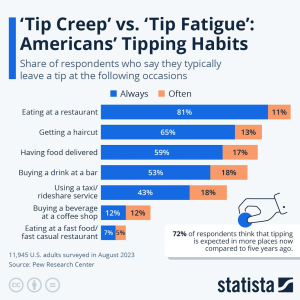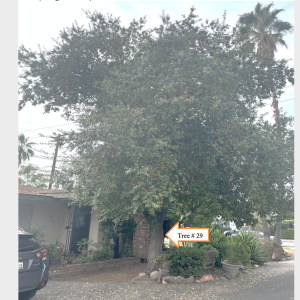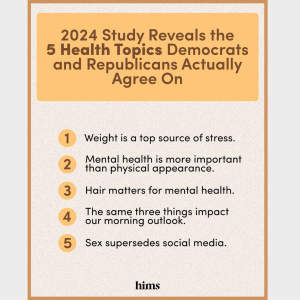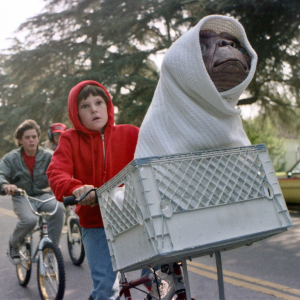 View Winners →
View Winners → 
A pilot study of artificial intelligence in colonoscopies by Riverside University Health System indicated AI can detect polyps better than traditional procedures, which researchers said was an encouraging development in the fight against colorectal cancer.
The study involved 1,100 RUHS patients, half of whom had a traditional colonoscopy while the remaining patients had computer-aided detection of the small clusters of cells that can develop into cancer, according an RUHS statement.
The study, published last month in the peer-reviewed journal Clinical Gastroenterology and Hepatology, revealed that procedures with AI were about 23% more effective than traditional colonoscopies at helping detect at least one precancerous polyp, according to RUHS. The AI-assisted colonoscopies also helped locate about 50% more precancerous polyps per procedure than the non-AI method.
Colorectal cancer is No. 3 on the list of deadliest cancers in men and the fourth-leading cause of cancer deaths in women in the United States, where more than 53,000 people were expected to die from colorectal cancer this year, according to RUHS.
“This is the first study of its kind in Southern California to explore the potential life-saving capabilities of AI technology in identifying colorectal polyps,” Dr. Steve Serrao, RUHS Medical Center’s chair of gastroenterology and a principal investigator for the study, said in a statement. “Additional, long-term studies will help determine whether it can significantly drive down colorectal cancer rates.”
The study predicted 12 fewer colorectal cancer diagnoses and five fewer deaths in the group treated with AI. Every 1% increase in detection correlates to a 3% reduction in colon cancer, according to Dr. Nikhil Thiruvengadam, an RUHS gastroenterologist and a researcher in the study.
The study focused on Latino patients, who are less likely to get screened, putting them at higher risk for advanced-stage colon cancer, officials said. Researchers found that 38% of Latinos age 45-50 had at least one polyp.
Colorectal cancer rates are rising in white and Hispanic adults under 50 and remain high in Black adults of all ages, according to the U.S. Preventative Services Task Force. In 2021 the task force dropped its recommended screening age from 50 to 45 for all adults at average risk of colorectal cancer.
The AI technology used in the study was funded by a grant from the American Society for Gastrointestinal Endoscopy, officials said. The technology used machine learning to check thousands of images of pre-cancerous polyps to determine what they look like.
“The AI then took what it learned to identify areas of interest from images taken by a colonoscope, signaling the doctor to take a closer look,” according to the RUHS statement.
More information about Riverside University Health System is at RUHealth.org.






















































